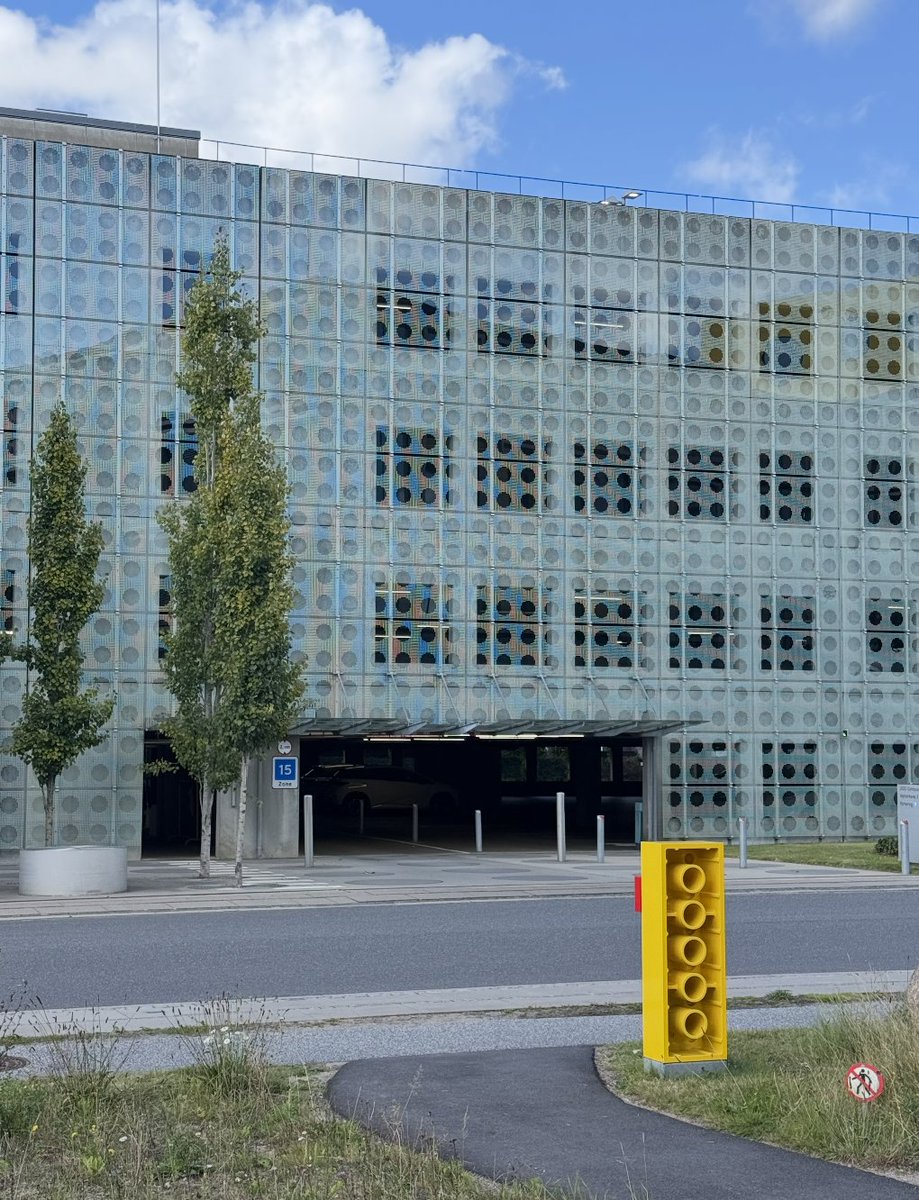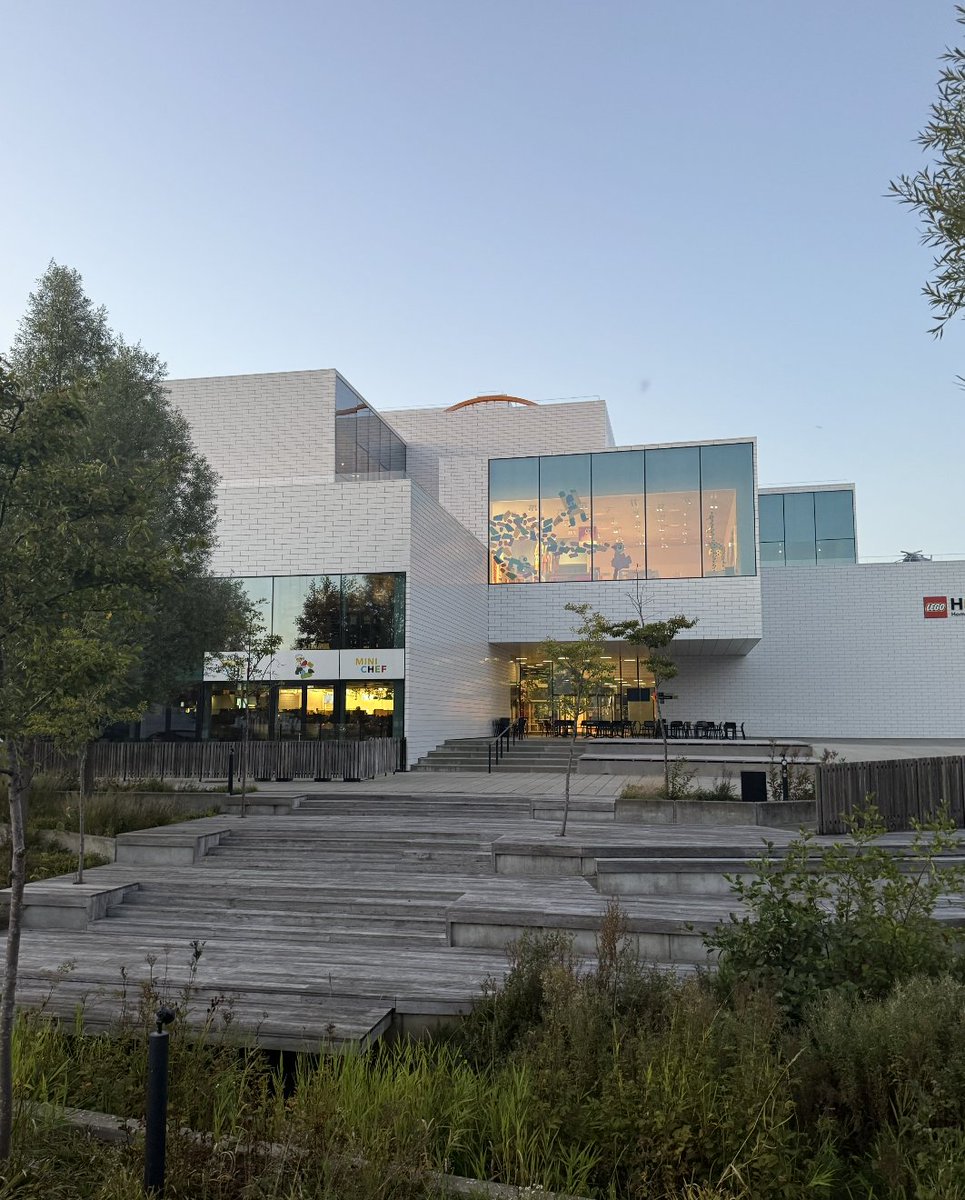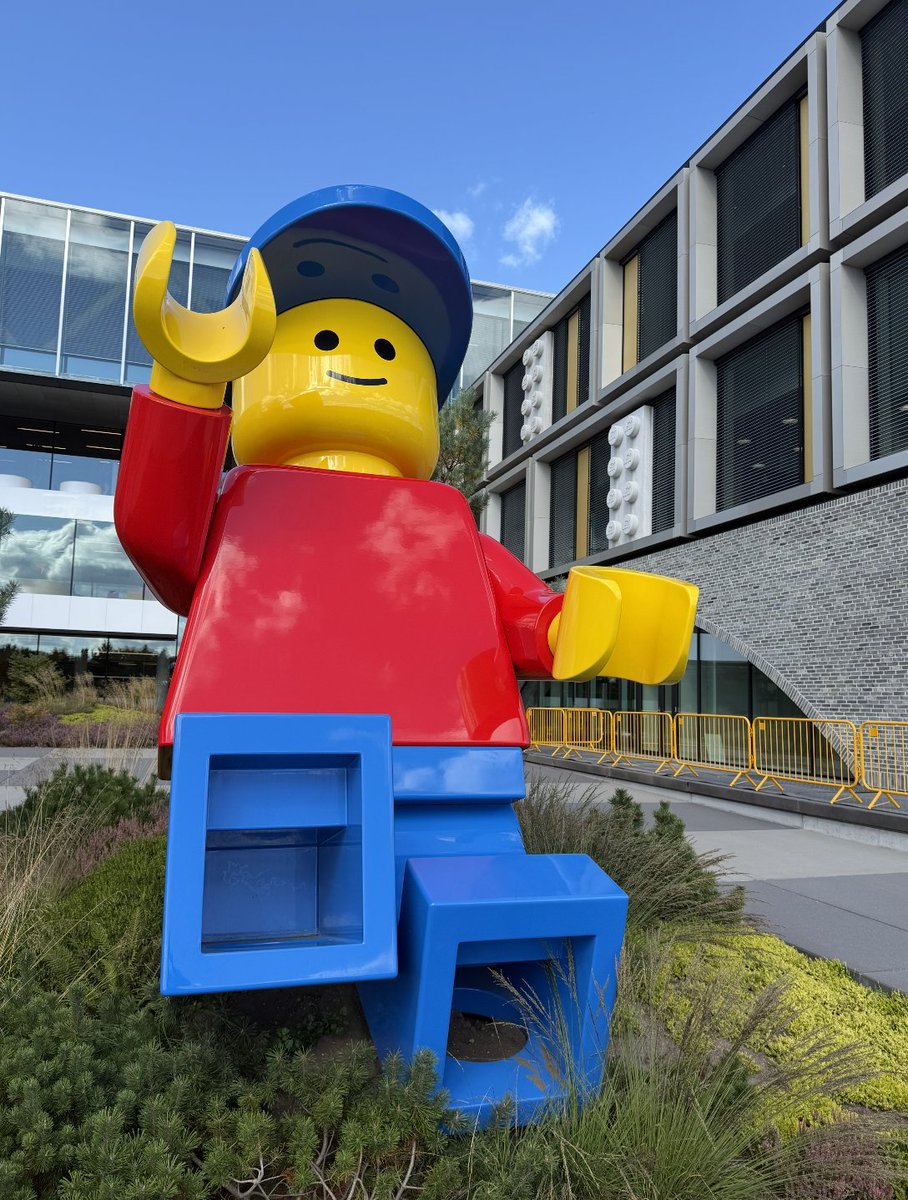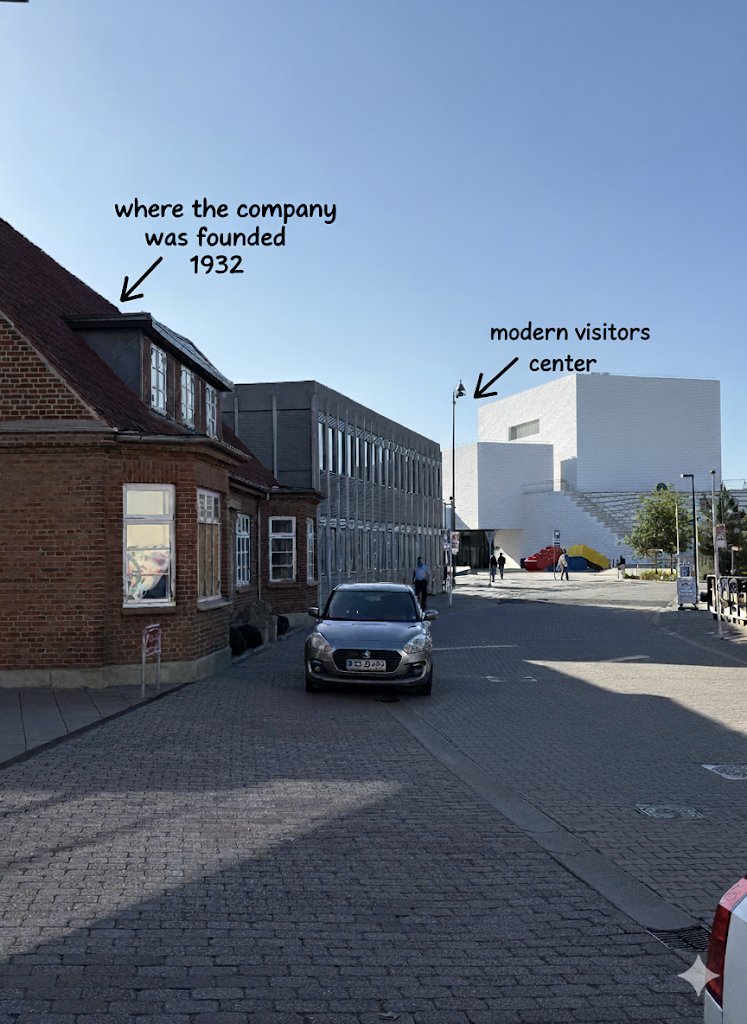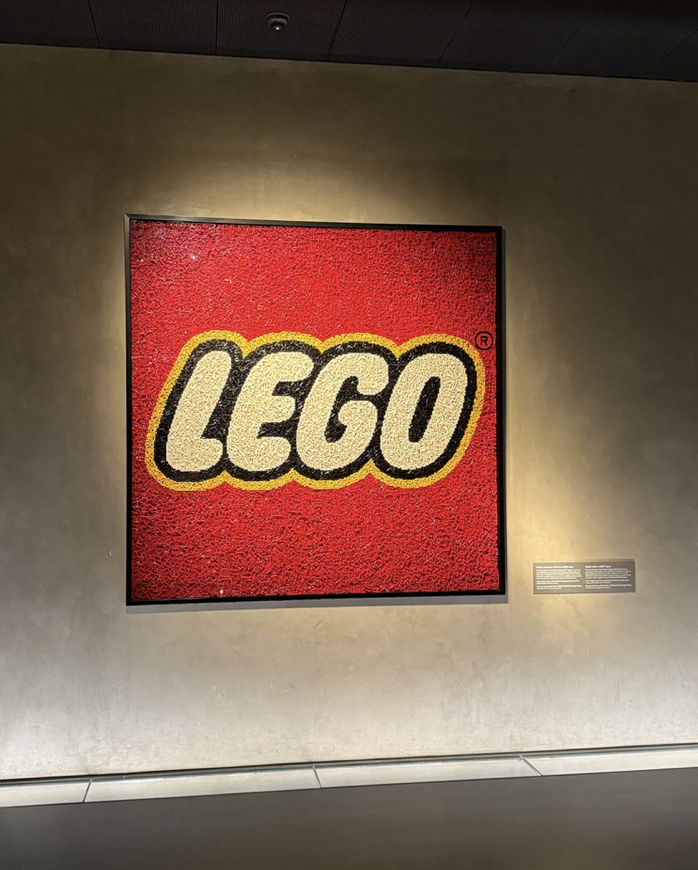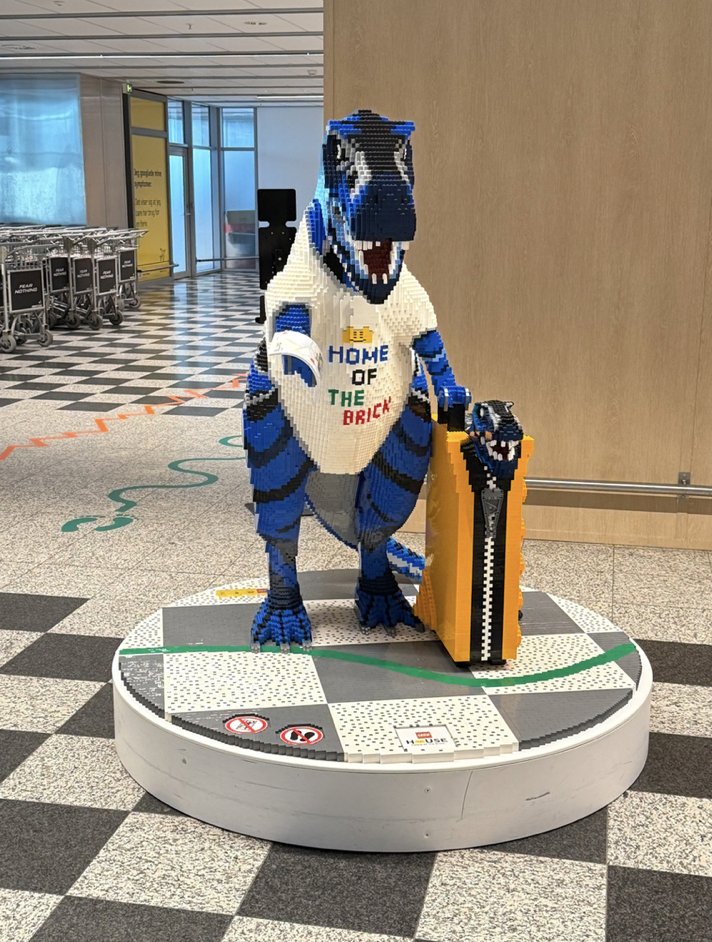if i were an intelligence agency, and i was concerned my adversaries were using crypto to launder funds-- how would i stop that?
first i'd find the central casting idea of a tech founder-- mit dropout, finance, cargo shorts, long hair, sleeps on a beanbag kind of guy
first i'd find the central casting idea of a tech founder-- mit dropout, finance, cargo shorts, long hair, sleeps on a beanbag kind of guy
then i'd stick him offshore and claim he's discovered an "arbitrage" on a forex market. the details don't matter, but it should require unauditable otc transactions and credibly add up to a couple billion bucks.
all that matters is its mildly believable and its not on chain
all that matters is its mildly believable and its not on chain
then i'd have him use those funds to build a very large crypto exchange. the goal here is to subsidize the thing until you see enough trading volume to see the state of the market at any moment.
only then you can start understanding how these "illegal war funds" are moving.
only then you can start understanding how these "illegal war funds" are moving.
great-- ok now you have legibility into all crypto transactions for a handful of currencies and you are starting to understand where cashflows are going.
what's next? every time a project fails, lets take a little bit of that arb money and use it to bail out their products
what's next? every time a project fails, lets take a little bit of that arb money and use it to bail out their products
on the grand scale of things, this is a tiny cost compared to what you are making in suitcases of cash washing up outside of your office-- but gives you information rights into any currency you can own on your exchange.
ok, now you essentially have rebuilt IRS level audibility into decentralized currencies in just a few years. your great power adversaries are significantly weakened.
total cost? a few billion and a sports stadium sponsorship
total cost? a few billion and a sports stadium sponsorship
• • •
Missing some Tweet in this thread? You can try to
force a refresh



